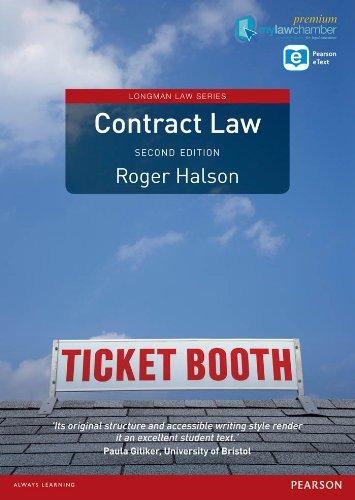Question
1. Which of the following statements is correct? a. There are two sources of 'case law' in New Zealand, apart from the cases interpreting statutes.
1. Which of the following statements is correct?
a.
There are two sources of 'case law' in New Zealand, apart from the cases interpreting statutes. These are known as 'the common law,' or sometimes 'the law', and 'equity'. Both of these, in New Zealand, have always been developed in our ordinary courts.
b.
There are two sources of 'case law' in New Zealand, apart from the cases interpreting statutes. These are known as 'the common law,' or sometimes 'the law', and 'equity.' Decisions in equity, in New Zealand, are developed in separate courts of Chancery.
c.
There are two sources of 'case law' in New Zealand, apart from the cases interpreting statutes. These are known as 'the common law,' or sometimes 'the law', and 'equity.' Decisions in equity, in New Zealand, were developed in separate courts of Chancery until 1875
2. Which of the following statements is correct?
Select one:
a.
"Legislative instruments" like Acts of Parliament are required to be published and are available on the New Zealand Legislation web site
b.
"Legislative instruments" do not have to be published and are not available on the New Zealand Legislation web site
c.
"Other instruments" like Acts of Parliament are required to be published and are available on the New Zealand Legislation web site
3. Which of the following statements is correct?
a.
Cessante ratine cessat ipsa lex means 'If the reason for a law ceases to be valid, the court should apply it anyway to preserve certainty in the law'.
b.
Cessante ratine cessat ipsa lex means 'If the reason for a law ceases to be valid, then the court should change it'.
c.
Cessante ratine cessat ipsa lex means 'If the reason for a law ceases to be valid, then let the law itself cease'.
4. Which of the following is correct?
Select one:
a) Delegated legislation may be: Legislative Instruments, Other Instruments or Bye-laws
b) Delegated legislation may be: Legislative Instruments, Other Instruments, Bye-laws or municipal ordinances
c) Delegated legislation may be: Legislative Instruments, Other Instruments, Bye-laws or regional ordinances
Step by Step Solution
There are 3 Steps involved in it
Step: 1

Get Instant Access to Expert-Tailored Solutions
See step-by-step solutions with expert insights and AI powered tools for academic success
Step: 2

Step: 3

Ace Your Homework with AI
Get the answers you need in no time with our AI-driven, step-by-step assistance
Get Started


